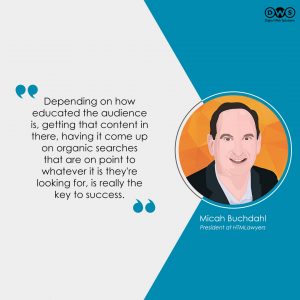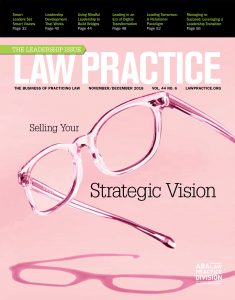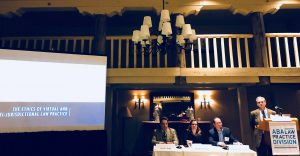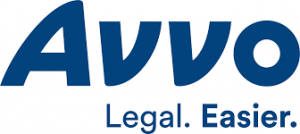LP Magazine — Why Influencers Might Be Your Law Firm’s Next Big Marketing Move
In a digital landscape where attention is currency, law firms are beginning to ask a provocative question: Can influencers drive legal business? My latest marketing column, in the September/October 2025 issue of ABA Law Practice, addresses The Rise of the Influencer in Legal Marketing.
Gone are the days when law firm marketing revolved solely around SEO, pay-per-click campaigns, and carefully crafted blog content. Today, the spotlight is shifting toward social media influencers—individuals with massive followings and the power to shape consumer behavior. As I note, influencer marketing is no longer a novelty; it’s a $10 billion industry projected to keep growing. And while it’s long been a staple in retail and entertainment, its potential in legal services is just beginning to surface.
Shortly after moderating an ABA CLE on the subject of influencers, and having already submitted this column to the magazine editors, I read an interesting article in the Wall Street Journal, These Restaurants, Salons and Workouts Are Free for Hot People—if They Post About Them, that focused on the influencer-targeted social media app, Neon Coat, founded by a model as a way to book entire days of meals and experiences for free, by tying brands and businesses. Unfortunately, I don’t appear to qualify as “hot,” and must grab hard-to-book tables on Open Table by being first when a reservation window opens, but wondering if you could offer up legal services, is an interesting notion. It was highlighted by Jones Walker attorney Kaytie Pickett in a blog post on the firm website.
 Marketing Attorney Blog
Marketing Attorney Blog



 In recently reviewing a law advertising campaign, I found myself saying that we need to run this on
In recently reviewing a law advertising campaign, I found myself saying that we need to run this on  In serving as an issue editor for the Marketing-themed March 2023 edition of the American Bar Association’s
In serving as an issue editor for the Marketing-themed March 2023 edition of the American Bar Association’s 
 In the June/July 2020 issue of the
In the June/July 2020 issue of the  Perhaps life has really been about search all along. We search for the right job, the right spouse, the right schools, the right restaurants, pretty much the right everything. So Google has either made searching easier, or harder, depending on how you look at it.
Perhaps life has really been about search all along. We search for the right job, the right spouse, the right schools, the right restaurants, pretty much the right everything. So Google has either made searching easier, or harder, depending on how you look at it. Recently, I had the privilege of serving on a panel at the American Bar Association’s Law Practice Division continuing legal education program on the ethics of virtual and multi-jurisdictional lawyering in Santa Fe, New Mexico. The program was co-sponsored by the State Bar of New Mexico, and took place on May 18, 2018 at the Inn and Spa at Loretto.
Recently, I had the privilege of serving on a panel at the American Bar Association’s Law Practice Division continuing legal education program on the ethics of virtual and multi-jurisdictional lawyering in Santa Fe, New Mexico. The program was co-sponsored by the State Bar of New Mexico, and took place on May 18, 2018 at the Inn and Spa at Loretto. In the March 2018 issue of the American Bar Association’s
In the March 2018 issue of the American Bar Association’s 